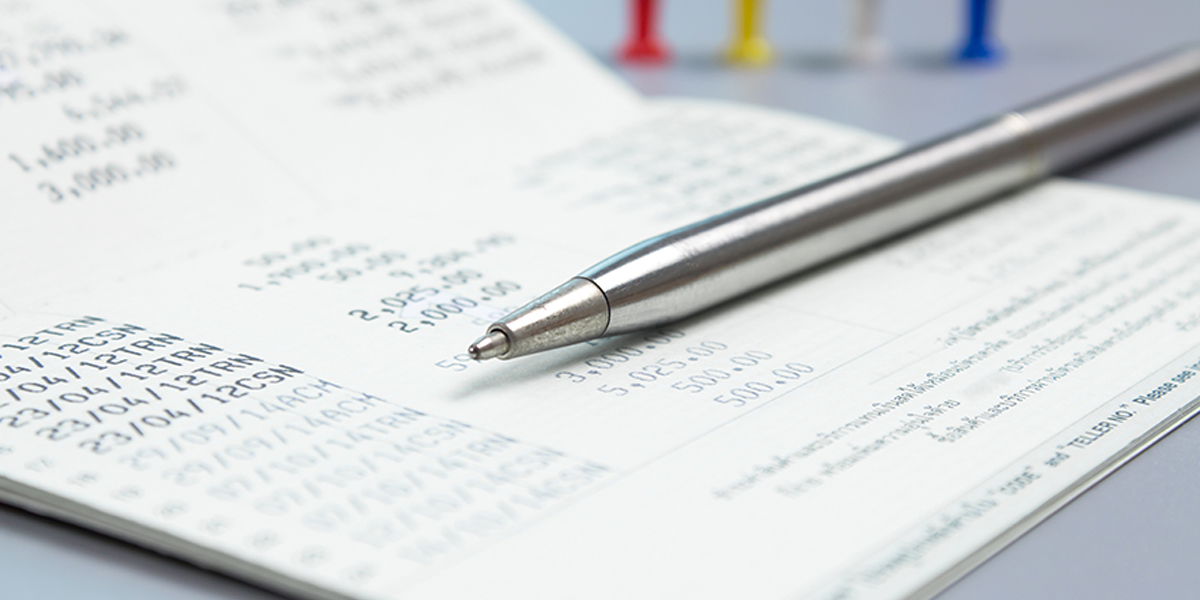Experiencing bankruptcy can be daunting, but it is not the end of financial security. Many individuals and businesses have successfully rebuilt after financial setbacks. With the right approach, commitment, and strategies, coming back from bankruptcy is not only possible but can lead to a stronger financial future. Whether you have recently completed the bankruptcy process or are preparing for the road ahead, understanding how to recover effectively is essential.
Understanding Your Financial Position Post-Bankruptcy
The first step in financial recovery is gaining clarity about your current financial situation. Assess your income, expenses, and any remaining debts that were not discharged in bankruptcy.
Begin by organizing financial records, listing all sources of income, and creating a detailed breakdown of monthly expenses. Understanding where your money goes will help you make informed decisions and avoid previous financial pitfalls.
A clear financial assessment allows you to create an action plan that aligns with your recovery goals. Knowing where you stand will guide you toward making the necessary changes to improve your financial situation.
Creating a Sustainable Budget
Developing a realistic and sustainable budget is key to staying on track. A budget helps control spending, prioritizes necessary expenses, and ensures financial discipline.
- Focus on covering essential costs like housing, food, utilities, and transportation.
- Reduce non-essential expenses, such as luxury purchases or excessive dining out.
- Set aside money for savings and unexpected expenses.
- Plan for debt repayment in a way that doesn’t strain your finances.
A budget should be flexible enough to adjust to changing financial circumstances but strict enough to prevent unnecessary overspending. By sticking to a structured financial plan, you can gradually regain control of your finances.
Steps to Rebuilding Your Credit
Bankruptcy leaves a significant impact on your credit score, but there are ways to rebuild it over time. Responsible financial management will demonstrate to creditors that you are capable of handling debt again.
One way to improve credit is by applying for a secured credit card. These cards require a deposit as collateral and allow you to establish a history of on-time payments. Another method is to become an authorized user on a responsible individual’s credit card account. Their positive credit habits can contribute to your credit recovery.
Additionally, paying off any debts that remained after bankruptcy and ensuring that all future payments are made on time will help rebuild creditworthiness. Consistently meeting financial obligations will gradually restore lender confidence and improve your credit score.
The Importance of an Emergency Fund
One of the biggest financial lessons from bankruptcy is the necessity of having an emergency fund. Without savings, unexpected expenses can push you into financial distress again.
Start by setting aside small amounts from each paycheck. Even $25 to $50 per month can accumulate over time and provide financial security. Consider opening a separate savings account to prevent the temptation of spending emergency funds.
Having at least three to six months’ worth of living expenses saved will act as a financial buffer, preventing reliance on credit cards or loans in the event of an emergency.
Exploring Additional Income Opportunities
A single income source may not be enough to achieve financial stability quickly. Diversifying your income streams can accelerate your recovery process.
- Take on freelance work or side gigs that align with your skills.
- Sell unwanted items online to generate extra cash.
- Invest time in learning new skills or obtaining certifications to secure a higher-paying job.
- Explore passive income options such as renting out a room or investing in dividend-yielding assets.
Finding multiple income sources provides financial flexibility, reduces financial stress, and helps prevent future economic hardship.
Learning from Financial Mistakes
One of the most critical aspects of coming back from bankruptcy is reflecting on what led to financial distress in the first place. Identifying financial habits that contributed to the problem will help ensure that the same mistakes are not repeated.
Some common reasons for bankruptcy include excessive reliance on credit, lack of savings, poor budgeting, and living beyond one’s means. Being honest about past financial mistakes allows you to take corrective action and build better financial habits moving forward.
Seeking Professional Financial Guidance
Recovering from bankruptcy can be complex, and professional financial advisors can provide valuable insights on how to rebuild effectively. Working with a financial expert can help you create a long-term financial plan tailored to your specific needs.
Credit counselors can offer strategies to improve your credit score, manage debts, and create a sustainable financial plan. Additionally, legal and tax professionals can advise on financial regulations, tax planning, and potential financial assistance programs that could benefit you.
Many nonprofit organizations provide financial counseling at little or no cost, making it easier for individuals to access expert guidance on their journey to financial recovery.
Rebuilding Trust with Financial Institutions
Restoring your financial credibility requires patience and effort. Lenders may be hesitant to extend credit after bankruptcy, but there are ways to rebuild trust.
Secured credit cards and credit-builder loans are excellent tools for demonstrating financial responsibility. Additionally, keeping a low debt-to-income ratio and maintaining steady employment will increase your chances of qualifying for better credit opportunities over time.
Regularly monitoring your credit report and ensuring that all accounts are in good standing will also help rebuild lender confidence. Demonstrating financial discipline will gradually open doors to better financial opportunities.
Using Credit Wisely
Avoiding credit altogether after bankruptcy can be counterproductive. Instead, use it responsibly to rebuild your financial reputation. Start with small credit lines and always pay off balances in full each month to avoid interest charges.
Limit the number of credit applications you submit, as multiple inquiries can negatively affect your credit score. By managing credit wisely, you can improve your credit profile and regain access to more favorable lending terms.
Developing a Long-Term Financial Plan
Coming back from bankruptcy is not just about recovering in the short term; it is about creating a stable financial future. Setting long-term financial goals can help you stay motivated and prevent future financial setbacks.
Consider goals such as purchasing a home, investing in retirement savings, or starting a business. Having clear objectives will give you a roadmap for financial growth and success.
Maintaining a Positive Mindset
The journey to financial recovery requires patience and resilience. Setbacks may occur, but maintaining a positive attitude will keep you focused on progress rather than past failures.
Surround yourself with supportive individuals who encourage responsible financial behavior. Continuously educate yourself on financial literacy, stay disciplined with your budget, and remember that financial recovery is a gradual process that requires persistence.
Conclusion
Coming back from bankruptcy is a challenging but achievable goal. By assessing your financial situation, creating a structured budget, rebuilding credit, establishing an emergency fund, and seeking additional income opportunities, you can regain financial stability.
Learning from past financial mistakes, utilizing professional guidance, and responsibly using credit will further strengthen your financial position. With determination, discipline, and strategic financial planning, you can move forward with confidence and create a secure and prosperous future.

